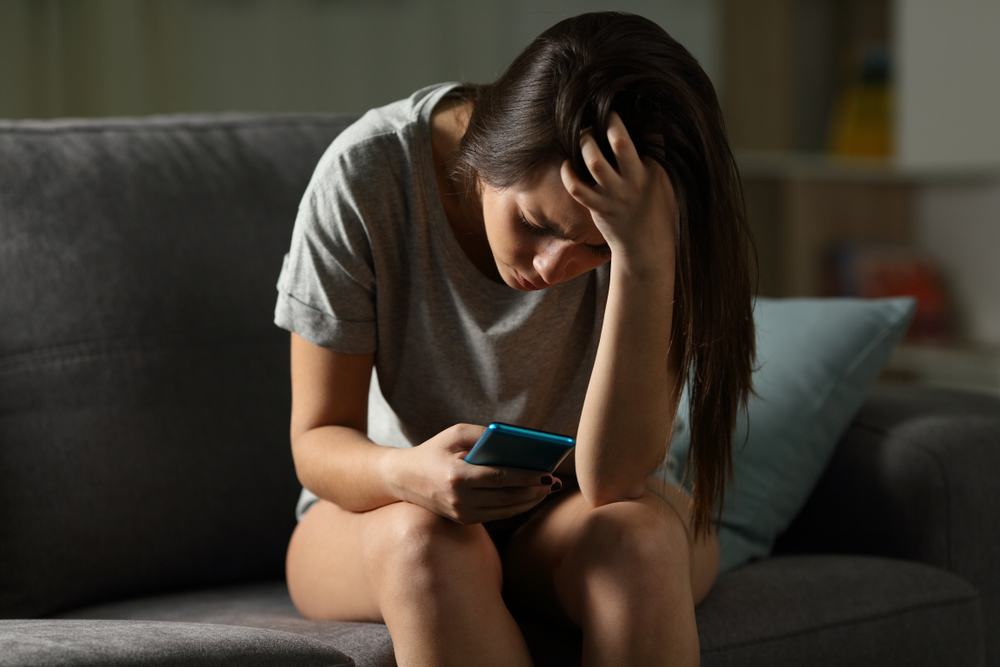As the world struggles with the COVID-19 pandemic, another pandemic has been incubating close behind: a pandemic of fear. In his first inaugural address, FDR famously told the American people, “The only thing we have to fear is fear itself.” He recognized the corrosive and paralyzing effects of fear on the public psyche in trying times. Defeating the COVID-19 pandemic requires the participation of every citizen in following the measures recommended by the CDC: maintain physical distance of six feet, wash our hands often, stay home if we are sick. Fighting the pandemic of fear is also each of our responsibility.
Human beings are hard-wired to fear external threats. Fear can be adaptive and even life-saving when it motivates us to flee or fight danger. Fear of COVID-19 motivates us to wash our hands, bump elbows, and stay home when sick, which reduces our risk of contracting and transmitting the virus. But fear unchecked is toxic to our mental health. It increases anxiety and depression, undermines social relationships and, at its worst, leads to stigma and discrimination. The mental health consequences of events like COVID-19 are easy to overlook in the urgency of the moment but may have long lasting effects.
What are the data that outbreaks like COVID-19 adversely impact mental health? Research is limited but what data exist raise concerns. A study by Chinese investigators published in the Lancet last month found a very high prevalence of depression and anxiety, respectively 48% and 23% in the general population. Data suggest quarantine is associated with adverse mental health effects in otherwise mentally health people – including post-traumatic stress disorder symptoms. The economic consequences of the COVID-19 pandemic will further compound adverse mental health effects; such effects were observed for the 2008 great recession. Fear also feeds stigma and discrimination, which are toxic to mental health, contribute to avoidance of health care, and disproportionately affect people who have fewer resources. We have had students and colleagues report feeling targeted or excluded based on their ethnic background or recent travel. Many are fearful, not just of the virus, but of how they are or will be treated. Media reports include persons infected with coronavirus report receiving death threats.
One in five persons in the U.S. live with a mental illness such as depression, anxiety, substance dependence or psychosis. Public health guidelines for COVID-19 do not account for the fact that such persons are more likely to be adversely affected by the unintended consequences of such measures. As a growing number of states are issuing stay at home orders, we are faced with the fact that we know little about how such necessary measures will affect persons with mental illness. Without careful planning, the need to maintain physical distance and stay at home will disrupt people’s ability to engage in the very activities that promote their mental health and well-being: staying socially connected with friends and family, building structure into one’s day, attending therapy and peer-support groups, and easily accessing medication. Specific treatment approaches are also impacted, for example, an essential component of depression treatment is positive activity scheduling or, in lay terms, getting out and doing things you enjoy.
So what can be done?
Fear is overcome by action. Evidence-based resources supporting mental health and resilience should be made widely publicly available. Research to develop and deploy effective, evidence-based interventions to prevent the adverse mental health consequences of quarantine needs to be conducted. Support groups, so critical to those with mental illness and in recovery, need to be provided with resources to transition to online format. Mental health providers need to be aware of the mental health consequences of the pandemic for both their clients and themselves.
The fear induced by COVID-19 is a threat to our mental health and wellbeing as individuals and as a community – and especially to those living with mental illness. Just as the medical community has fully mobilized for rapid testing of therapies and vaccine directed at COVID-19, we – mental health professionals and all of us – can mobilize a parallel effort for supporting mental health preventive and intervention strategies to combat this parallel pandemic of fear.
Follow us here and subscribe here for all the latest news on how you can keep Thriving.
Stay up to date or catch-up on all our podcasts with Arianna Huffington here.




